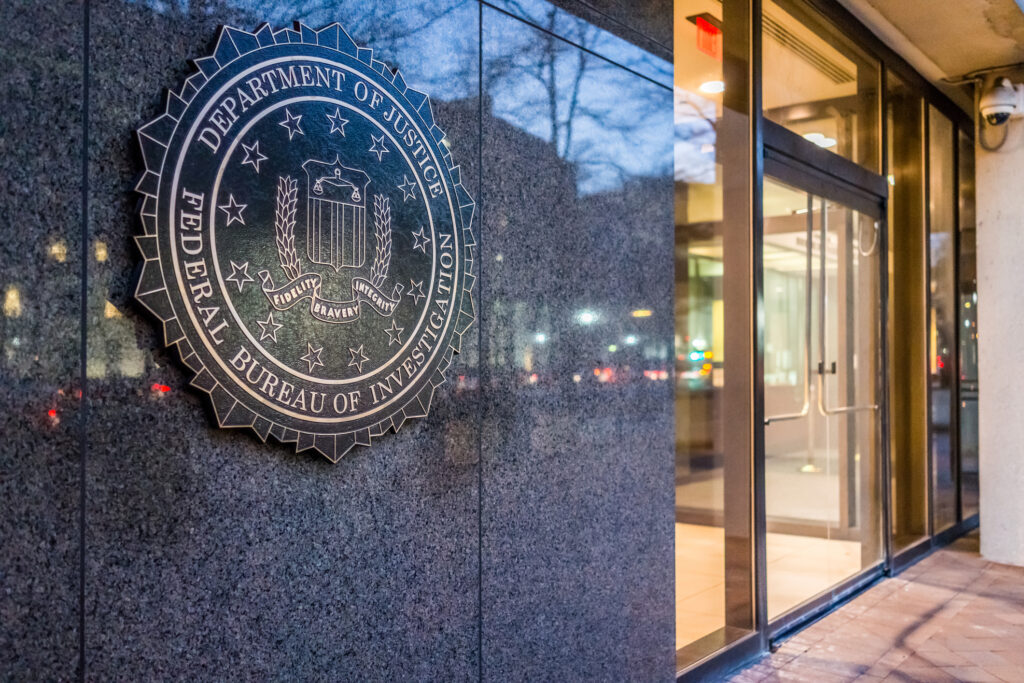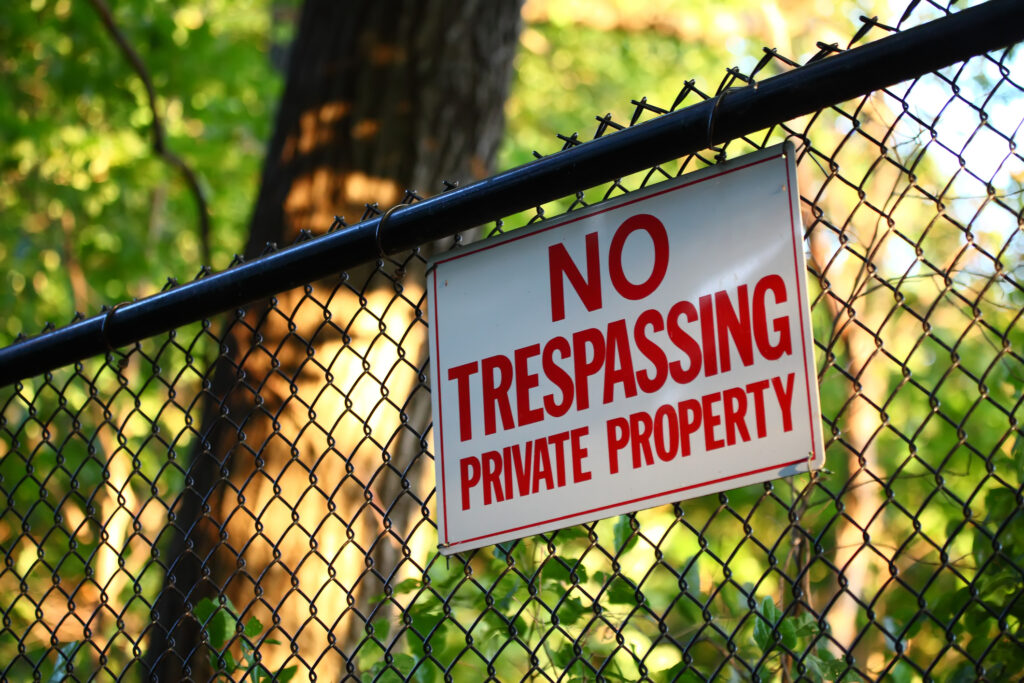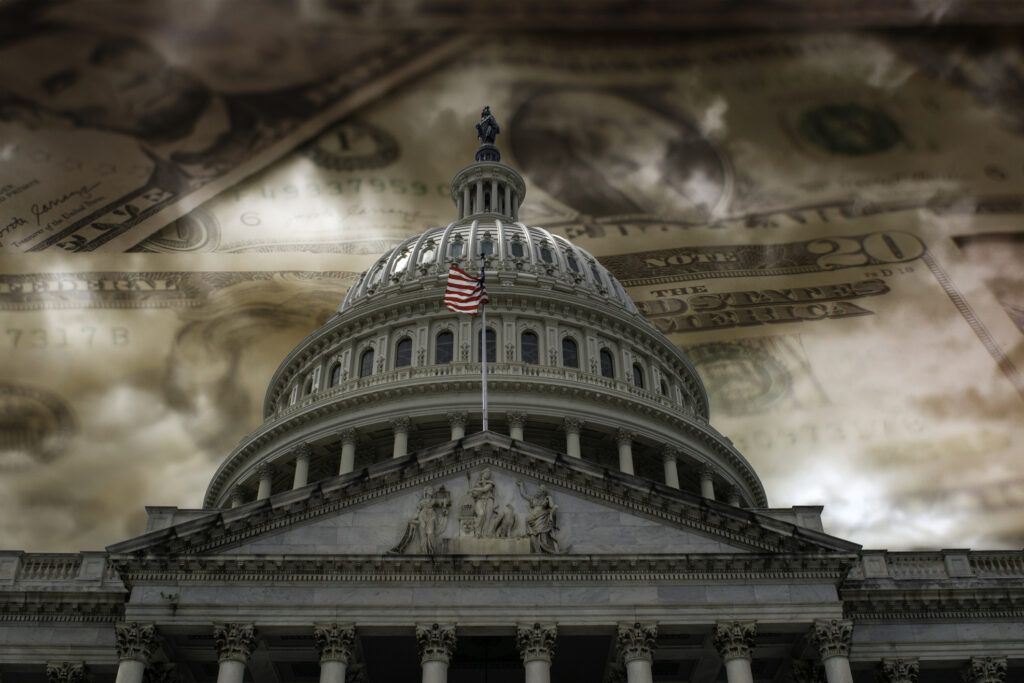Lawyers representing the city of Philadelphia, Pennsylvania backed down from a four-year-old lawsuit filed by the Institute for Justice, a nonprofit public-interest law firm, agreeing to limit city law enforcement agencies’ and prosecutors’ use of civil-asset forfeiture (CAF) to take ownership of individuals’ seized assets or property.
In 2014, the Institute for Justice (IJ) filed a lawsuit in the U.S. District Court for the Eastern District of Pennsylvania, on behalf of Philadelphia residents Norys Hernandez, Nassir Geiger, Christos and Markela Sourovelis, and Doila Welch. IJ lawyers alleged city law enforcement agencies and prosecutors conspired to “not only unconstitutionally deprive people of their property, but also of their constitutional rights to due process of law.”
The lawsuit, heard by Senior U.S. District Judge Eduardo C. Robreno, nominated by President George H. W. Bush in 1992, also alleged the city operated a “rigged system of copied ‘form’ legal documents and endless proceedings in a court run by the prosecutors themselves,” referred in the complaint as a “robo-forfeiture” program generating up to $5.8 million in annual revenue for the city.
Philadelphia government lawyers backed down in September, agreeing to a legally binding consent decree restricting how and when city law enforcement agencies may use civil asset forfeiture procedures and prohibiting the city Office of the District Attorney and the Philadelphia Police Department from using forfeiture proceeds to fund government salaries.
The decree also creates a $3 million fund for compensating past forfeiture victims in the city.
Intentions vs. Outcomes
Pennsylvania state Sen. Michael Folmer (R-Lebanon) says asset forfeiture is a tempting source of revenue for many governments.
“The original intent was to crack down on these big cartel guys, like Pablo Escobar, but what it ended up being was a tool that got misused by local police departments, using it as a way to generate money rather than raising taxes, to run their office,” Folmer said.
Big Government, Big Money
Darpana Sheth, a senior attorney at the Institute for Justice leading the lawsuit against the City of Philadelphia, says civil-asset forfeiture is an example of how government power leads to government corruption.
“Civil forfeiture is the government’s power to confiscate property it suspects of being involved in a crime,” Sheth said. “Unlike criminal forfeiture, civil forfeiture does not require that the property owner be charged, much less convicted, of a crime. It is based on a legal fiction that the property itself is guilty. Given how easy and lucrative civil forfeiture is for law enforcement, and the limited judicial oversight involved, it is not surprising that it has led to egregious and well-documented abuses.”
CAF is a tool the government wields against ordinary people, not large criminal enterprises, Sheth says.
“A common myth is that civil forfeiture is used to take down drug kingpins or criminal masterminds, but the numbers tell a vastly different story,” Sheth said. “According to an investigative series by the Washington Post, from 2001 to 2014, law enforcement agencies conducted nearly 62,000 roadside seizures of cash, totaling more than $2.5 billion, all without any search warrants or indictments.”
‘Strengthens Needed Protections’
Sheth says the settlement will help protect Philadelphia residents from being exploited by the police.
“The settlement will end law enforcement’s pursuit of revenue over the pursuit of justice,” Sheth said. “Rather than padding law-enforcement budgets, forfeiture revenue will now go to help communities with drug prevention and treatment programs. This ensures that Philadelphia will no longer use forfeiture to treat its citizens like ATMs.”
The consent decree will protect the property rights of residents from government aggression, Sheth says.
“The agreement strengthens needed protections for property owners,” Sheth said. “It transforms the Kafkaesque process through which property was seized and forfeited, into something more befitting the birthplace of our Constitution. Finally, the agreement proposes taking all remaining forfeiture revenue and establishing a $3 million fund so that innocent property owners can get back every dollar they lost.”




